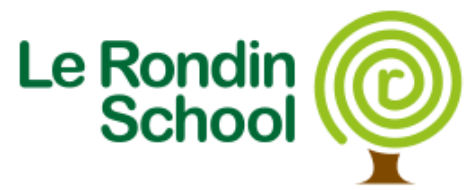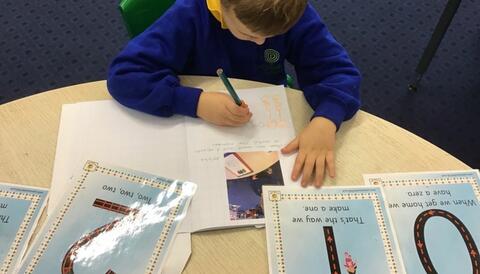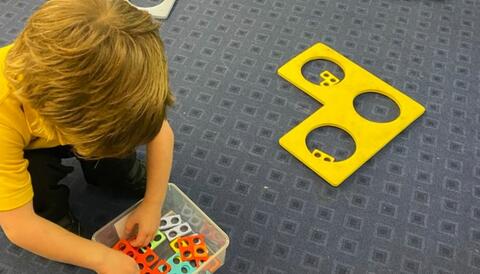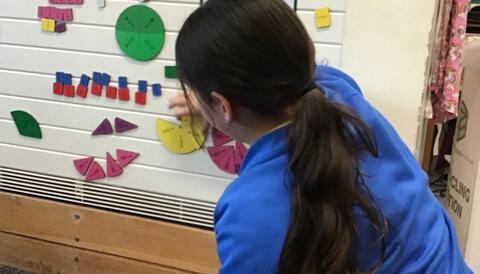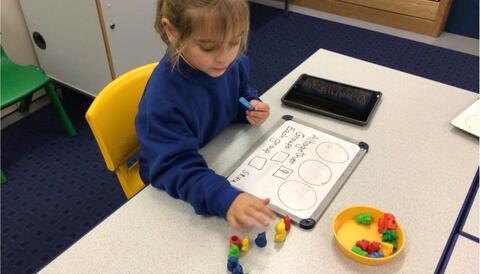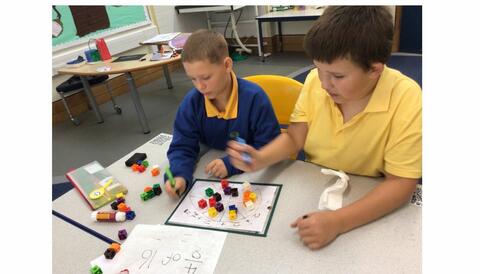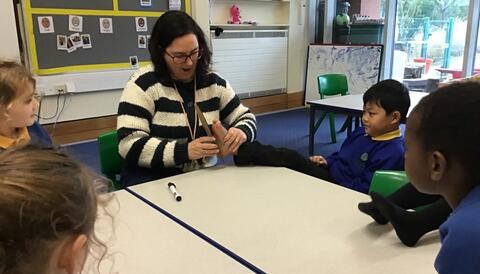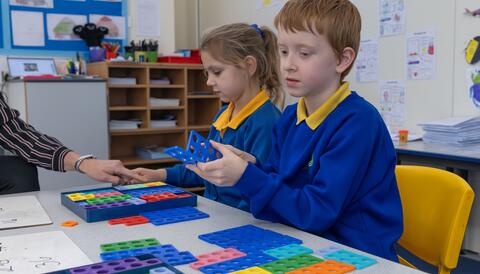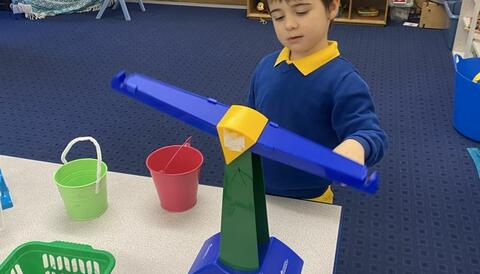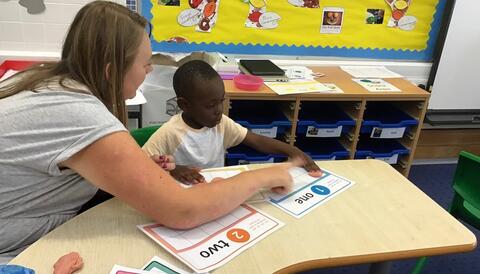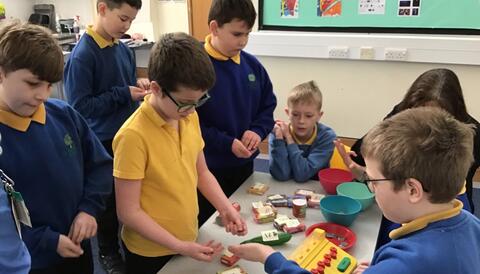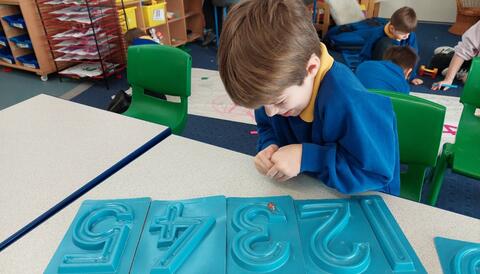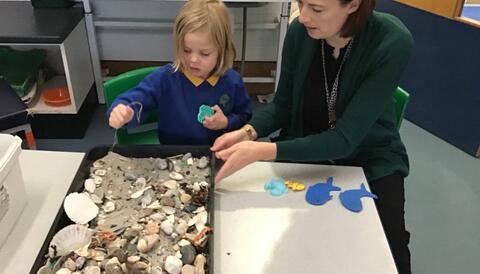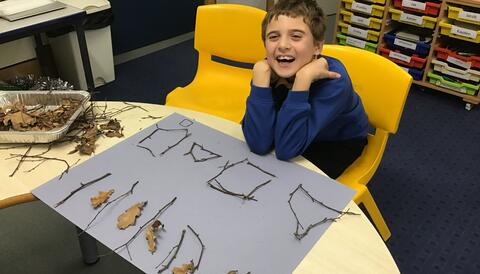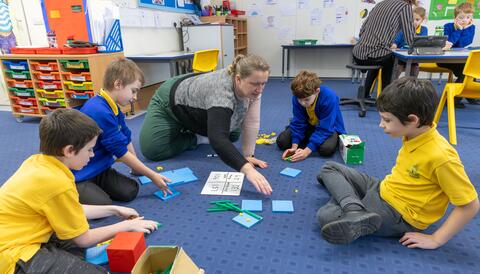Le Rondin provides a bespoke curriculum tailored to the needs of the pupils and incorporates the Guernsey Curriculum ‘Big Picture’ into the planning of Mathematics. The Big Picture Curriculum stipulates that:
Mathematics introduces children to concepts, skills and thinking strategies that are essential in everyday life and support learning across the curriculum. It helps children make sense of the numbers, patterns and shapes they see in the world around them, offers ways of handling data in an increasingly digital world and makes a crucial contribution to their development as rounded individuals.
Mathematics offers children a powerful way of communicating. They learn to explore and explain their ideas using symbols, diagrams and spoken and written language. They start to discover how mathematics has developed over time and contributes to our economy, society and culture. Studying mathematics stimulates curiosity, fosters creativity and equips children with the skills they need in life beyond school.
The Big Picture Curriculum Handbook p. 75
The purpose of Mathematics in Le Rondin is to develop an ability to solve problems, to reason,to work systematically and accurately and to think logically with resilience so that they are fully prepared for the future. We aim to equip all pupils with the skills and confidence to solve a range of problems and to encourage children to see the mathematics that surround them every day and enjoy developing vital life skills in this subject. At Le Rondin, we strive to make Maths fun, purposeful and interesting for all children.
We are committed to delivering a curriculum that has a clear vision and is shaped by the shared values of the school which places the child at the very centre of everything. We intend to deliver a curriculum that is not only bespoke, dynamic and easily adaptable, but allows pupils to be part of creative and engaging lessons allowing them to explore Maths in depth, using mathematical vocabulary to reason and explain their workings. All children are challenged and encouraged to excel in Maths to motivate them to ‘be the best we can be.’
We use White Rose to underpin our planning. We aim for every child to develop a sound understanding of Maths, equipping them with the skills of calculation, reasoning and problem solving that they need in life beyond school. They will be given access to a variety of mathematical opportunities, which will enable them to make the connections in learning, develop and use new vocabulary and discuss their learning. By working across different representations of learning and using resources, we aim for our children to be confident mathematicians who are independent, inquisitive and not afraid to take risks.
At Le Rondin basic Maths skills are practised daily to ensure key mathematical concepts are embedded. As a school, we have incorporated weekly Active Maths sessions and outdoor learning opportunities to ensure cross-curricular links are established and to make sure that we are developing the skills of all our children to the best of their ability. New mathematical concepts are introduced using a ‘Concrete, Pictorial and Abstract’ approach; enabling all children to experience hands-on learning when discovering new mathematical topics, and allows them to have clear models and images to aid their understanding.
